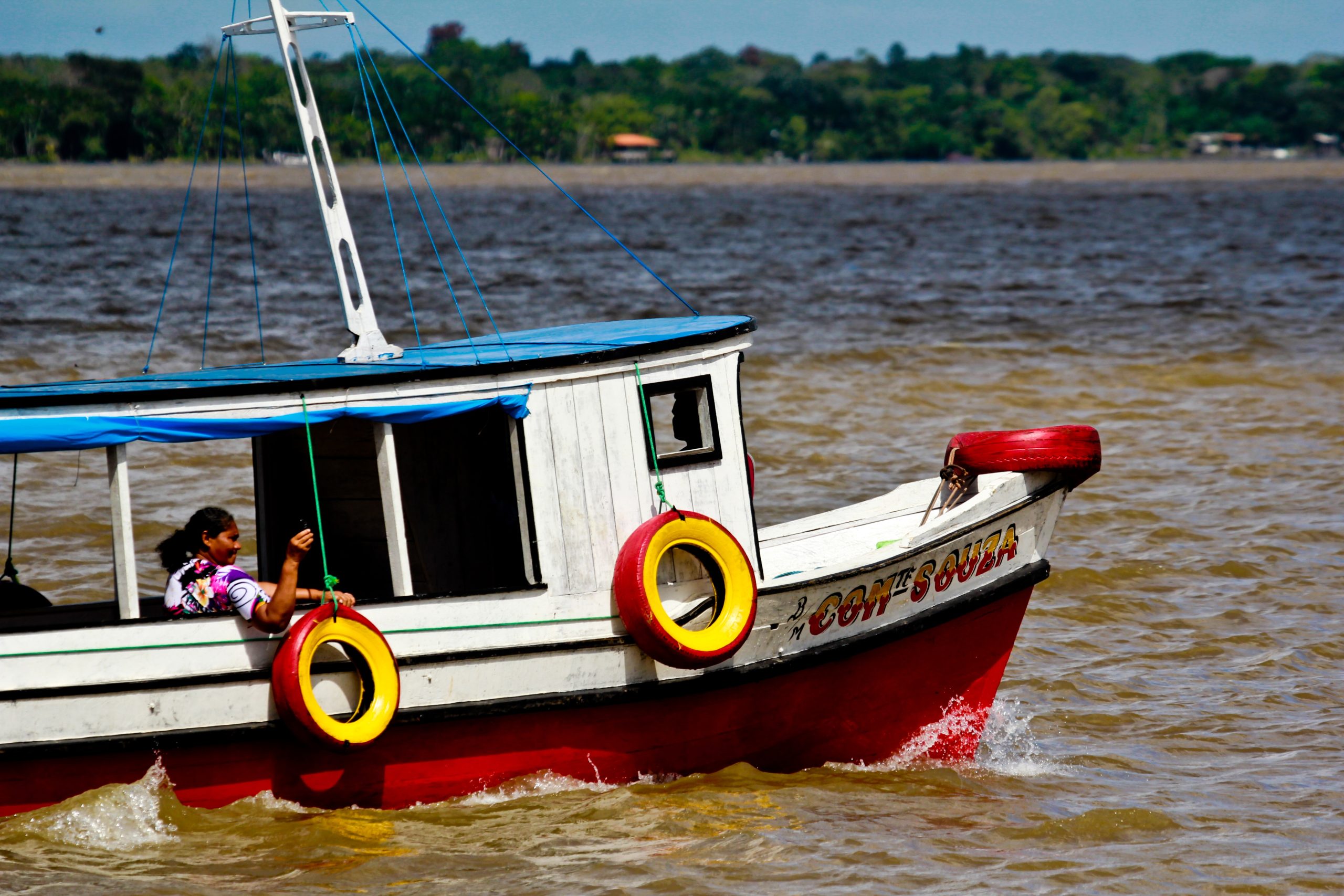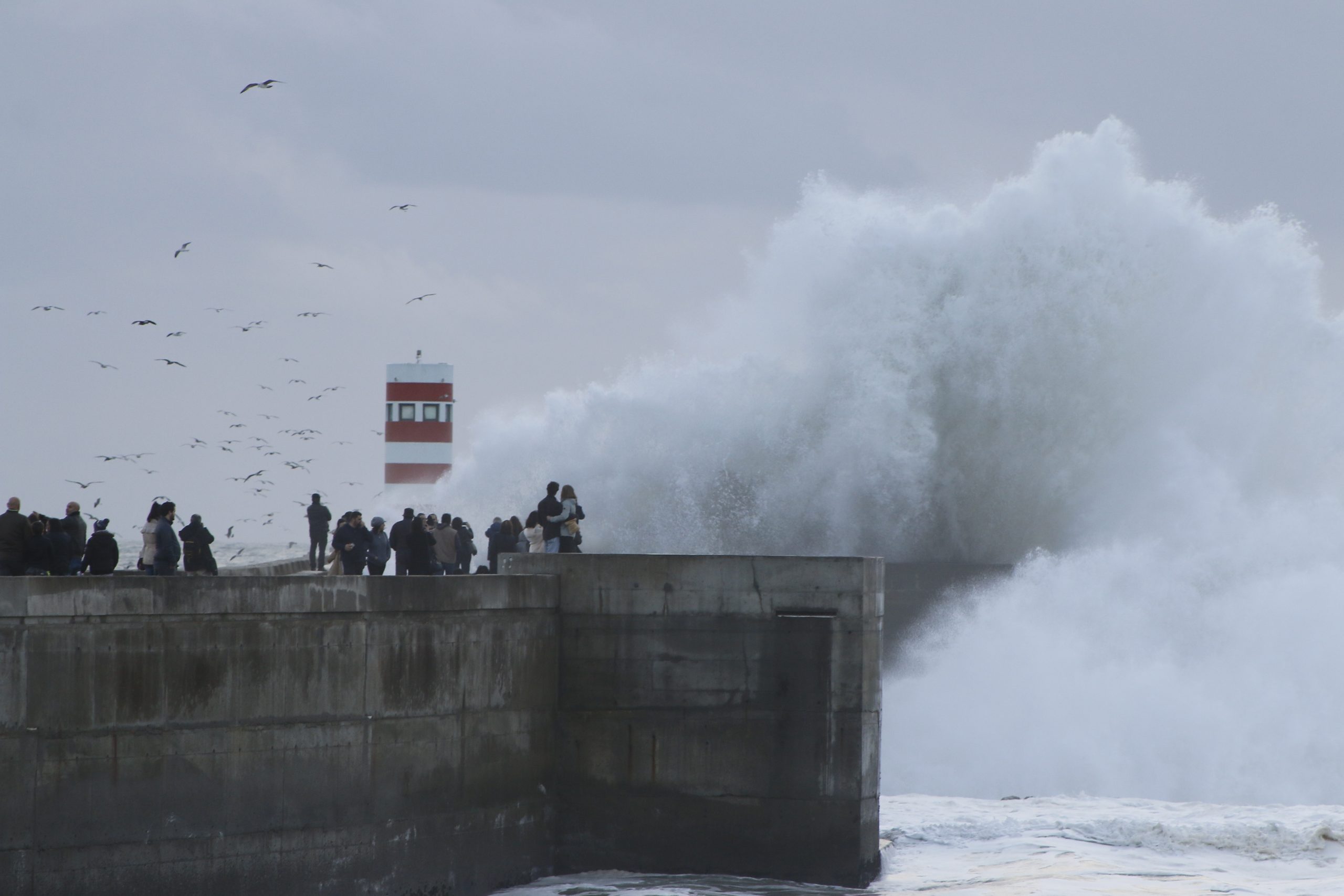 In the depths of the Gulf of Mexico, a seemingly minor incident set off a chain of legal events that reverberated through the maritime industry. An underwater sonar device, or towfish, collided with the mooring line of a Shell Offshore drilling rig, causing significant damage. The resulting legal battle involved Shell, the company operating the sonar device (Tesla Offshore), and the vessel’s owner (International Offshore Services). This blog post explores the key issues of the case, the court’s rulings, and the implications for maritime operations.
In the depths of the Gulf of Mexico, a seemingly minor incident set off a chain of legal events that reverberated through the maritime industry. An underwater sonar device, or towfish, collided with the mooring line of a Shell Offshore drilling rig, causing significant damage. The resulting legal battle involved Shell, the company operating the sonar device (Tesla Offshore), and the vessel’s owner (International Offshore Services). This blog post explores the key issues of the case, the court’s rulings, and the implications for maritime operations.
The Incident:
Tesla Offshore was conducting an archaeological survey of the ocean floor using a towfish pulled by a vessel chartered from International Offshore Services. Despite having prior information about the location of Shell’s drilling rig, Tesla failed to share this with the vessel’s crew. The towfish struck one of the rig’s mooring lines, causing damage and disrupting Shell’s operations.
 Insurance Dispute Lawyer Blog
Insurance Dispute Lawyer Blog


 In contractual agreements, the validity of indemnity provisions can become a subject of contention between parties. But what happens when determining a contract’s maritime nature becomes pivotal in a case involving specialty services for drilling or production in navigable waters? As discussed below, this issue was scrutinized in a maritime appeal action filed with the
In contractual agreements, the validity of indemnity provisions can become a subject of contention between parties. But what happens when determining a contract’s maritime nature becomes pivotal in a case involving specialty services for drilling or production in navigable waters? As discussed below, this issue was scrutinized in a maritime appeal action filed with the  Large waves and rough seas make boat travel a harrowing experience. But what happens if you are at work and fall out of bed during those stormy seas? Is the captain or company you work for liable under the Jones Act? The following case out of Louisiana helps answer the question; can I recover under the Jones Act if rough seas cause my back injury?
Large waves and rough seas make boat travel a harrowing experience. But what happens if you are at work and fall out of bed during those stormy seas? Is the captain or company you work for liable under the Jones Act? The following case out of Louisiana helps answer the question; can I recover under the Jones Act if rough seas cause my back injury?